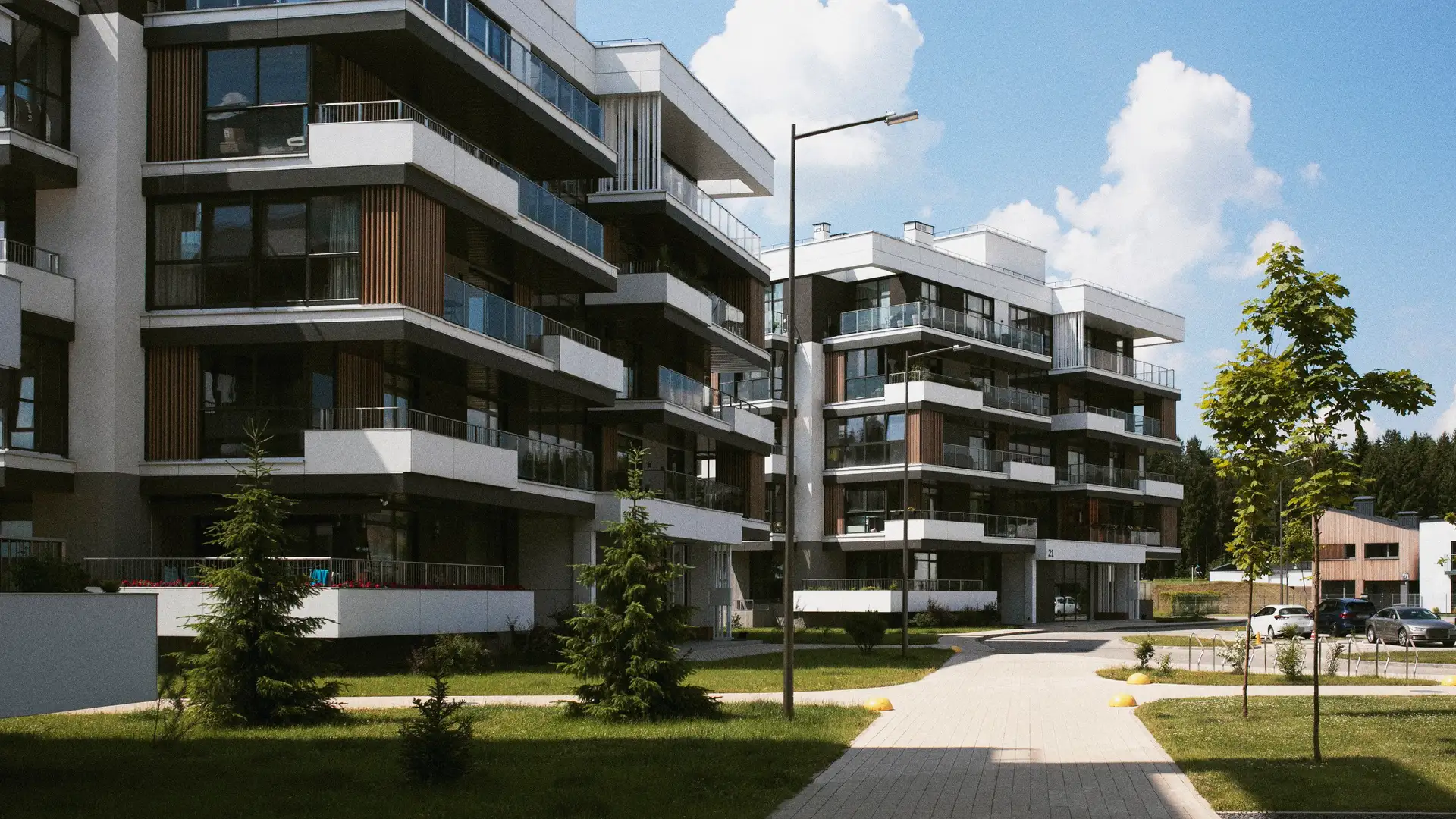Konkani is an Indo-Aryan language belonging to the Southern Indo-Aryan group, specifically the Marathi-Konkani branch. It is spoken by about 2.26 million people (2011 census) in India, primarily along the Konkan coastal region. This includes the state of Goa, where it is the official language, as well as parts of coastal Maharashtra and coastal Karnataka. While it might not be as widely spoken as some other Indian languages, learning Konkani offers a unique opportunity to connect with the rich culture and heritage of the Konkan region and its people.
A Brief History of Konkani
Konkani has a long and fascinating history, with its roots tracing back to around the 10th century. Although its exact origins are debated, historical records suggest that it likely originated in Goa and subsequently spread to neighbouring regions with the migration of Konkani speakers. The language has been shaped by various influences over the centuries, including interactions with other Dravidian languages like Kannada and Marathi, as well as the impact of different religions such as Hinduism, Islam, Christianity, and Jainism. It is believed that early Konkani was influenced by Prakrit, the vernacular language used in ancient India.
The arrival of the Portuguese in the 16th century had a profound impact on Konkani. Their efforts to impose their religion and culture led to the suppression of the language and the destruction of Konkani literature. Despite this suppression, Konkani survived, primarily as a language of oral tradition, passed down through generations.
Here’s a brief timeline highlighting key moments in Konkani’s development:
| Year | Event |
|---|---|
| 1187 | First Konkani inscription – Konkani script inscriptions appear on copper plates and stones. |
| 1548 | Portuguese destroy Konkani works – Systematic destruction of Konkani manuscripts by Portuguese authorities. |
| 1667 | Ignazio Arcamone translates parts of the Bible into Konkani – The first partial Bible translation in Konkani. |
| 1932 | Portuguese start Konkani schools – Portuguese colonial authorities initiate Konkani-based education. |
| 1987 | Konkani declared the official language of Goa – Recognized under the Eighth Schedule of the Indian Constitution. |
| 1997 | First complete Konkani Bible published – Translated by William Robert da Silva and published as Baibol. |
The resilience of the Konkani people ensured the survival of their language, and after India’s independence, there was a renewed effort to revive and promote Konkani. This led to its recognition as the official language of Goa in 1987.
Exploring the Dialects of Konkani
Konkani is a vibrant language with a wide array of dialects spoken across different regions. These dialects, shaped by regional, caste, and religious influences, can vary significantly in terms of pronunciation, vocabulary, and grammar. Some of the major dialects include:
- Goan Konkani: Spoken in Goa, this dialect has been influenced by Portuguese due to the region’s colonial history.
- Malvani: This dialect is spoken in the Malvan region of Maharashtra.
- Canarese Konkani: Spoken in coastal Karnataka, this dialect reflects the influence of Kannada.
Even within Goa, variations exist in the dialects spoken by different communities. For instance, the dialects spoken by the Hindus and Christians in Goa have distinct characteristics. Interestingly, Konkani is a digraphic language, meaning it can be written in multiple scripts, including Devanagari, Latin, Kannada, and Malayalam. This reflects the language’s adaptability and its connection to different cultural influences.
Connecting with Heritage
Learning Konkani is not just about acquiring language skills; it’s about connecting with the rich cultural heritage of the Konkani people. The Konkani people are an ethnolinguistic group with diverse origins and traditions, and their language reflects this diversity. Konkani has been a unifying force for the Konkani people, helping them maintain their identity and cultural traditions despite historical challenges and geographical dispersion.
The language is intertwined with the history, folklore, music, and cuisine of the Konkan region. By learning Konkani, you gain access to a treasure trove of cultural expressions, including traditional songs, stories, and proverbs that have been passed down through generations. You can engage with Konkani literature, theater, and cinema, gaining a deeper appreciation for the artistic and intellectual contributions of the Konkani people.
Resources for Learning Konkani
Whether you’re a beginner or have some prior knowledge of Konkani, there are various resources available to support your language learning journey:
| Resource Type | Name | Description |
|---|---|---|
| Online Courses | Infyni | Offers online Konkani language courses that cover essential vocabulary, grammar, conversational skills, and cultural insights. Upon completion, you'll be able to use greetings and farewells, introduce yourself, engage in basic conversations about family, leisure, work, and weather, ask questions, go shopping, make plans, read basic texts, and understand simple written messages. |
| Language Learning Apps | Bluebird | Provides interactive lessons and personalized courses for learning Konkani, using spaced repetition techniques for effective learning and long-term retention. |
| Language Exchange Partners | MyLanguageExchange | Connects you with native Konkani speakers who are learning your language, offering opportunities for language practice and cultural exchange. |
| Textbooks | Konkani Language: Historical and Linguistic Perspectives , Konkani Grammar | Various textbooks are available for learning Konkani, covering grammar, vocabulary, and cultural aspects of the language. |
| Language Schools | Langma School of Languages | Offers structured Konkani language programs with a focus on all aspects of language acquisition, including reading, writing, speaking, and listening. |
| E-books | Department of Official Language (Goa) | Provides e-books on Konkani language and grammar |
In addition to these resources, consider immersing yourself in Konkani culture by listening to Konkani music, watching Konkani films, and trying to read Konkani literature. These activities can complement your formal learning and provide a more engaging and enjoyable experience.
Personal Stories: Konkani in Everyday Life
Learning a new language often comes with its own set of challenges and rewards. Here are a few anecdotes about people who have learned Konkani and how it has enriched their lives:
- In Muscat, two Goans were once overheard making fun of an Arab customer in Konkani. To their surprise, the Arab understood every word and responded in fluent Konkani, leaving them speechless. This highlights the importance of being mindful when speaking any language, as you never know who might understand!
These stories demonstrate how learning Konkani can open doors to new friendships, enhance travel experiences, and deepen your understanding of the Konkani culture.
Experiencing Konkani Culture in Goa
Goa, with its vibrant culture and friendly people, offers a fantastic environment to immerse yourself in the Konkani language. Here are some ways to experience Konkani culture in Goa:
- Attend cultural events: Goa is known for its lively festivals, such as Carnival, Shigmo, and Sao Joao. These festivals are not just religious celebrations; they are vibrant displays of Goan culture and heritage, featuring music, dance, colorful parades, and traditional performances. For example, Shigmo, a spring festival celebrated by the Konkani Hindu community, showcases traditional folk dances and vibrant processions.
- Visit historical sites: Explore Goa’s historical sites, such as Old Goa with its churches and cathedrals, and interact with locals in Konkani.
- Volunteer opportunities: Consider volunteering at organizations that promote Konkani language and culture, such as the Goa Chitra Museum, which offers volunteer opportunities for tour guides.
By actively participating in these activities, you can enhance your language skills while gaining a deeper appreciation for the cultural richness of Goa.
Conclusion
Learning Konkani is a rewarding journey that allows you to connect with the vibrant culture and heritage of the Konkan region. From its fascinating history and diverse dialects to its strong oral tradition and rich cultural expressions, Konkani offers a unique window into the heart of India’s western coast. By exploring the resources available and immersing yourself in the language and culture, you can embark on an enriching experience that broadens your horizons and deepens your understanding of this fascinating region. So, take the first step, explore the resources, and start your Konkani language adventure today!



